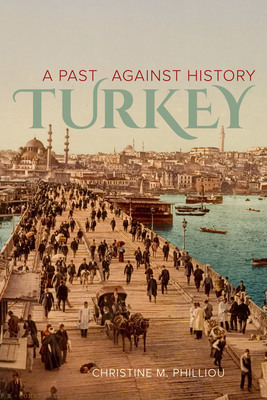Expedite your nonfiction book discovery process with Readara interviews, summaries and recommendations, Broaden your knowledge and gain insights from leading experts and scholars
In-depth, hour-long interviews with notable nonfiction authors, Gain new perspectives and ideas from the writer’s expertise and research, Valuable resource for readers and researchers
Optimize your book discovery process, Four-to eight-page summaries prepared by subject matter experts, Quickly review the book’s central messages and range of content
Books are handpicked covering a wide range of important categories and topics, Selected authors are subject experts, field professionals, or distinguished academics
Our editorial team includes books offering insights, unique views and researched-narratives in categories, Trade shows and book fairs, Book signings and in person author talks,Webinars and online events
Connect with editors and designers,Discover PR & marketing services providers, Source printers and related service providers

Turkey: A Past Against History
History > Middle East - Turkey & Ottoman Empire
- University of California Press
- Paperback
- 9780520276390
- 9 X 6 X 0.8 inches
- 0.9 pounds
- History > Middle East - Turkey & Ottoman Empire
- (Single Author) Asian American
- English
Readara.com
Book Description
In this richly detailed alternative history, Christine M. Philliou focuses on the notion of political opposition and dissent--muhalefet--to connect the Ottoman and Turkish periods. Taking the perennial dissident Refik Halid Karay as a subject, guide, and interlocutor, she traces the fissures within the Ottoman and the modern Turkish elite that bridged the transition. Exploring Karay's political and literary writings across four regimes and two stints in exile, Philliou upends the official history of Turkey and offers new dimensions to our understanding of its political authority and culture.
Author Bio
Christine Philliou specializes in the political, social, and cultural history of the Ottoman Empire and modern Turkey and Greece as parts of the post-Ottoman world. Her first book, Biography of an Empire: Governing Ottomans in an Age of Revolution (University of California Press, 2011; Greek edition Alexandria Press, 2021; Turkish edition ?? Bankas? Kültür Press, 2022), examined the changes in Ottoman governance leading up to the Tanzimat reforms of the mid-nineteenth century.
It did so using the vantage point of Phanariots, an Orthodox Christian elite that was intimately involved in the day-to-day work of governance even though structurally excluded from belonging to the Ottoman state. Her second book. Turkey: A Past Against History (University of California Press, 2021; Greek edition Alexandria Press, 2022), focuses on the fraught history of the idea of opposition/dissent, connecting literature, politics and the construction of official History in the Ottoman Second Constitutional and Republican period of Turkish history. In it, she highlights the political, personal and intellectual/artistic itinerary of the Ottoman/Turkish writer and perennial dissident Refik Halid Karay (1888-1965). The premise is that, in the absence of a sustained opposition party between 1908 and 1950, there developed a more abstract space of opposition and dissent, half in the imagination and half in political reality, in Ottoman, and then after 1923 Republican Turkish intellectual life. She uses Refik Halid Karay, and the concept of muhalefet in Turkish, to explore the changing nature and contours of that space through the supposed rupture that separated the Ottoman Empire from Modern Turkey.
Philliou is currently working on a third book and developing a collaborative Digital Humanities project, the aim of which is a granular reconstruction and analysis of the Greek Orthodox communities of late Ottoman Istanbul/Constantinople (1821-1923) using a wide range of Ottoman and Greek sources. More information can be found here:
Source: University of California Berkley
Videos




Community reviews
No Community reviews

